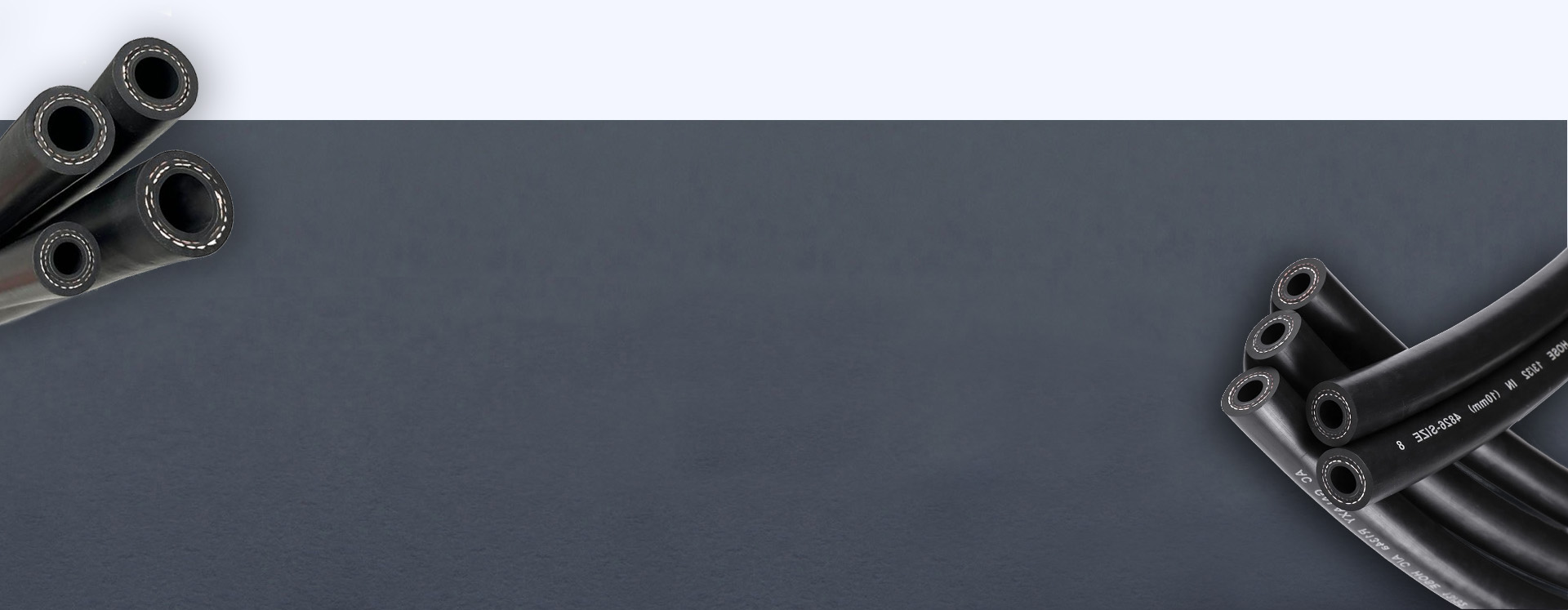Choosing the Right Hose for Your Natural Gas Heater Needs and Safety Requirements
Nov . 06, 2024 08:36 Back to list
Choosing the Right Hose for Your Natural Gas Heater Needs and Safety Requirements
Understanding Natural Gas Heater Hoses Essential Components for Safety and Efficiency
Natural gas heaters have become a popular choice for both residential and commercial heating needs. They are efficient, cost-effective, and environmentally friendly compared to many traditional heating systems. However, one crucial component that is often overlooked in the setup of these heaters is the natural gas heater hose. This article will explore the importance of natural gas heater hoses, their applications, and essential maintenance tips to ensure safety and efficiency.
The Role of Natural Gas Heater Hoses
Natural gas heater hoses serve as the lifeline connecting the natural gas supply to the heating unit. These hoses are designed to safely transport natural gas under pressure, ensuring that it flows efficiently and reliably to the heater. Made from durable materials, such as rubber or polymer composites, these hoses are crafted to withstand high temperatures and harsh conditions. They are also equipped with fittings that ensure a secure connection, minimizing the risk of leaks.
Safety Considerations
When it comes to natural gas, safety is paramount. A compromised hose can lead to leaks, which may pose severe risks, including explosions or harmful gas exposure. Regular inspections of the heater hoses are crucial. Homeowners and maintenance personnel should check for signs of wear and tear, such as cracks, fraying, or discoloration. If any damage is detected, it is essential to replace the hose immediately.
Additionally, it is vital to ensure that all connections are properly tightened and sealed. Using the right fittings compatible with the heater and the hose is equally important to maintain a safe and efficient gas flow. Following manufacturer instructions for installation will further enhance safety measures.
Installation and Compatibility
Proper installation of natural gas heater hoses is essential for optimal performance. It is advisable to use hoses that are rated for the specific pressure and temperature requirements of the natural gas heater. Hoses that do not meet these standards can result in poor performance and potential hazards.
Before installation, it is important to check the compatibility of the hose with the heater model. Different heaters may have unique requirements, so always refer to user manuals or consult with a certified technician if unsure. A professional installation can help prevent many common issues and ensure compliance with local codes and regulations.
natural gas heater hose

Maintenance Tips
Regular maintenance of natural gas heater hoses is essential for maximizing their lifespan and performance. Here are some tips to keep in mind
1. Routine Inspections Check hoses for signs of damage at least once a year. Look for leaks using a soap-water solution; bubbles indicate a leak that needs to be addressed.
2. Keep Hoses Clean Avoid exposing the hoses to harsh chemicals or substances that could degrade the material. Keep them clean and free from debris.
3. Avoid Kinks and Bends Ensure that hoses are routed in a manner that prevents kinking or bending, which can weaken their structure and lead to premature failure.
4. Replace When Necessary If a hose is showing significant wear or if it has been in use for several years, consider replacing it as a precautionary measure.
5. Professional Check-ups Schedule regular maintenance checks with a certified technician who can perform a thorough inspection of the natural gas heating system, including hoses.
Conclusion
Natural gas heater hoses are essential components of a safe and efficient heating system. By understanding their role, adhering to safety protocols, and conducting regular maintenance, homeowners and businesses can ensure a reliable source of heat while minimizing risks associated with natural gas usage. Investing time and resources into the proper care of these hoses not only enhances safety but also prolongs the lifespan of the entire heating system.
